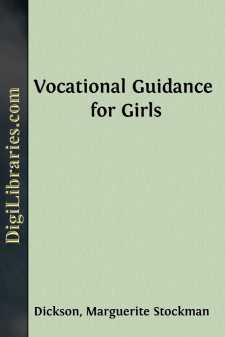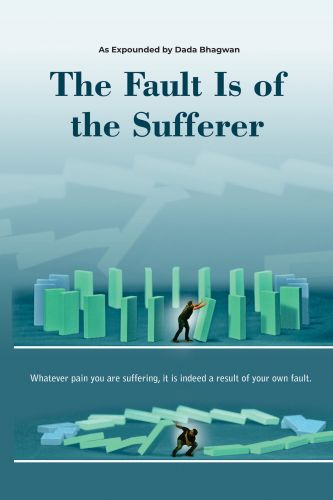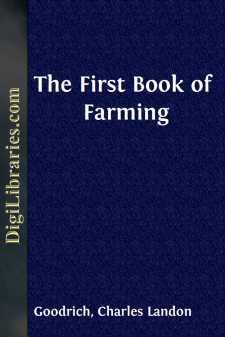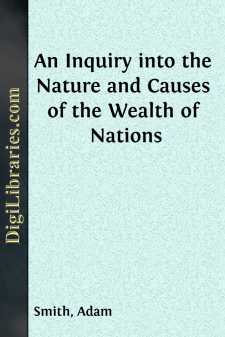Categories
- Antiques & Collectibles 13
- Architecture 36
- Art 48
- Bibles 22
- Biography & Autobiography 815
- Body, Mind & Spirit 144
- Business & Economics 28
- Children's Books 18
- Children's Fiction 14
- Computers 4
- Cooking 94
- Crafts & Hobbies 4
- Drama 346
- Education 58
- Family & Relationships 59
- Fiction 11835
- Games 19
- Gardening 17
- Health & Fitness 34
- History 1378
- House & Home 1
- Humor 147
- Juvenile Fiction 1873
- Juvenile Nonfiction 202
- Language Arts & Disciplines 89
- Law 16
- Literary Collections 686
- Literary Criticism 179
- Mathematics 13
- Medical 41
- Music 40
- Nature 180
- Non-Classifiable 1768
- Performing Arts 7
- Periodicals 1453
- Philosophy 65
- Photography 2
- Poetry 896
- Political Science 203
- Psychology 44
- Reference 154
- Religion 515
- Science 126
- Self-Help 85
- Social Science 83
- Sports & Recreation 34
- Study Aids 3
- Technology & Engineering 60
- Transportation 23
- Travel 463
- True Crime 29
Our website is made possible by displaying online advertisements to our visitors.
Please consider supporting us by disabling your ad blocker.
Vocational Guidance for Girls
Categories:
Description:
Excerpt
CHAPTER I
Any scheme of education must be built upon answers to two basic questions: first, What do we desire those being educated to become? second, How shall we proceed to make them into that which we desire them to be?
In our answers to these questions, plans for education fall naturally into two great divisions. One concerns itself with ideals; the other, with methods. No matter how complex plans and theories may become, we may always reach back to these fundamental ideas: What do we want to make? How shall we make it?
Applying this principle to the education of girls, we ask, first: What ought girls to be? And with this simple question we are plunged immediately into a vortex of differing opinions.
Girls ought to be—or ought to be in the way of becoming—whatever the women of the next generation should be. So far all are doubtless agreed. We therefore find ourselves under the necessity of restating the question, making it: What ought women to be?
Probably never in the world's history has this question occupied so large a place in thought as it does to-day. In familiar discussion, in the press, in the library, on the platform, the "woman question" is an all-absorbing topic. Even the most cursory review of the literature of the subject leads to a realization of its importance. It leads also into the very heart of controversy.
Photograph by Brown Bros.
Suffrage parade in Washington. Women will parade or even fight for their rights
It is safe to say that no woman, in our own country at least, escapes entirely the unrest which this controversy has brought. Even the most conservative and "old-fashioned" of women know that their daughters are living in a world already changed from the days of their own young womanhood; and few indeed fail to see that these changes are but forerunners of others yet to come. They know little, perhaps, of the right or wrong of woman's industrial position, but "woman in industry" is all about them. They perhaps have never heard of Ellen Key's arraignment of existing marriage and sex relations, but they cannot fail to see unhappy marriages in their own circle. They may care little about the suffrage question, but they can hardly avoid hearing echoes of strife over the subject of "votes for women." And however much or little women are personally conscious of the significance of these questions, the questions are nevertheless of vital import to them all.
The "uneasy woman" is undeniably with us. We may account for her presence in various ways. We may prophesy the outcome of her uneasiness as the signs seem to us to point. But in the meantime—she is here!
Naturally both radical and conservative have panaceas to suggest. The radicals would have us believe that the question of woman's status in the world requires an upheaval of society for its settlement. Says one, the "man's world" must be transformed into a human world, with no baleful insistence on the femininity of women. It is the human qualities, shared by both man and woman, which must be emphasized....












